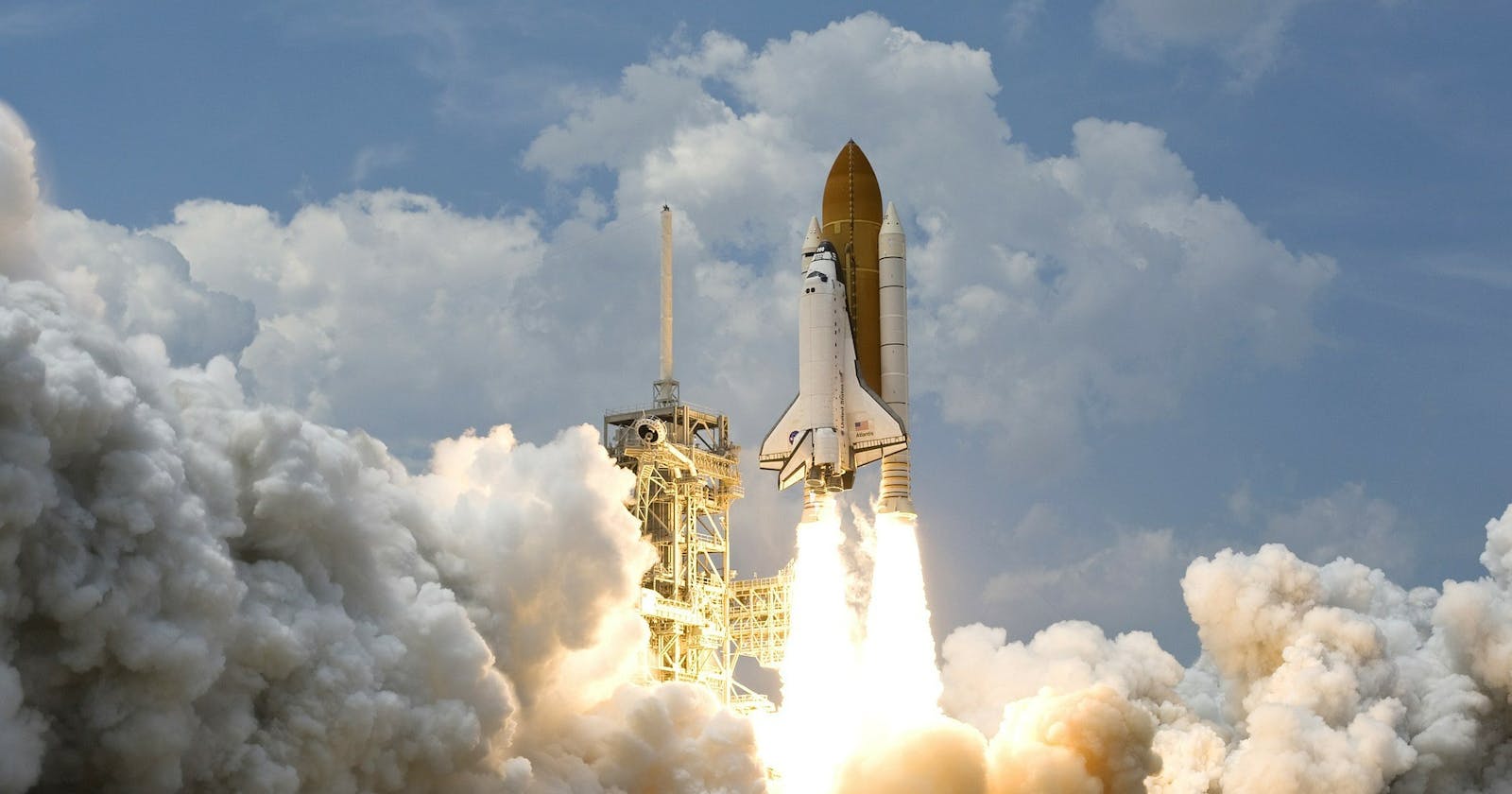Table of contents
No headings in the article.
Education is one of the fundamental pillars of any state and economy. It influences civilization in a tangible and intangible manner. The tangible aspects are mostly related to the infrastructure and include systems related to healthcare, transport, agriculture, town planning, and modern advanced technologies like electrical and electronic systems (including computers), space and warfare technologies. The intangible aspects are related to culture, justice, governance, politics, languages, religion, arts, clothes, and behavioral trends.
Before we can do anything to improve our education system, we have to understand its history and its impacts on our civilizations during the different points in our history.
As mentioned earlier the concept of education has varied across time and region. However, the factor that defines education today almost everywhere is - Science.
Education in the past was often guided by religion and the subjective experiences of people. Ancient civilizations like India, China, Mesopotamia, Egypt, and various shamanic civilizations like Aztecs and Mayans, had studied areas related to religion, medicine, various vocations (like utensil and jewelry making), astrology, politics, economy, education, arts, literature, philosophy, languages, and warfare. Great works were produced by the people of the ancient times in their respective fields, for example, in India Vedas and Buddhist philosophies gave the technologies of personal liberation; Bharat muni wrote Natya Shastra - a treatise on the play, dance, and music - which till the day guides the Indian dance and music; Charak and Sushruta worked on the technologies of medicine; Kautilya worked on the methods of governance, politics, and economics; Aryabhatta and Bhaskara worked in the field of mathematics and astronomy; Kalidasa was a grand pillar in the field of literature; China had its own prodigies like Confucious, Sun Tzu, etc. Other civilizations too made great discoveries of their own. Ultimately, it was the task of the education system to disseminate the above-mentioned knowledge to the masses. However, the primitive education system failed to do so effectively. All the knowledge was confined to various groups of people. This is evident by the fact that the adult literacy rate in India as late as 1872 (first census) was 3.2% and a minuscule 0.5% for females. The highest proportion of education was religious in nature.
Education, as we see it today, has its roots in Europe. Ancient Greece and Rome were the hubs of critical thinking. They produced unparalleled thinkers like Archimedes, Socrates, and Plato. They produced great works in the fields of politics, economy, education, arts, literature, philosophy, languages, and warfare. However, that kind of thinking (called romanticism) got lost in the medieval Europe. Rational thinking was replaced by idealistic thinking, hence there was a great material decline. Since the advent of the era of the renaissance (14th century in Europe) and the enlightenment period (17th century onwards in Europe) which was brought about by the great thinkers like Galileo, Leonardo da Vinci and Nicholas Copernicus, the ancient rational and somewhat scientific ideas were again revived. The rational outlook and work of these great renaissance and enlightenment thinkers, philosophers, and writers ultimately culminated in the American and French Revolutions in the political arena, and the industrial revolution in the material arena. All these revolutions took place in the 18th century in Europe. This lead to an unprecedented overhaul in science, polity, culture, and outlook of the people in general and lead to the advent of the modern scientific times. Science became the torchbearer of this time which continues till now. Science is characterized by the objective, neutral, empirical, and evidence-based observation of the material world, generally accompanied by experimentation.
Our education system is heavily influenced by science, and in the places where this is not the case, it is leading to substandard outcomes which are finally percolating to the other areas of the economy like infrastructure related to health, technology, and transport, ultimately culminating in a poor living standard of the people in general. This is the area where we can improve. There is a lot of scope in making education more scientific, effective, accessible, and affordable to the masses, everywhere in the developed as well as the developing nations.
